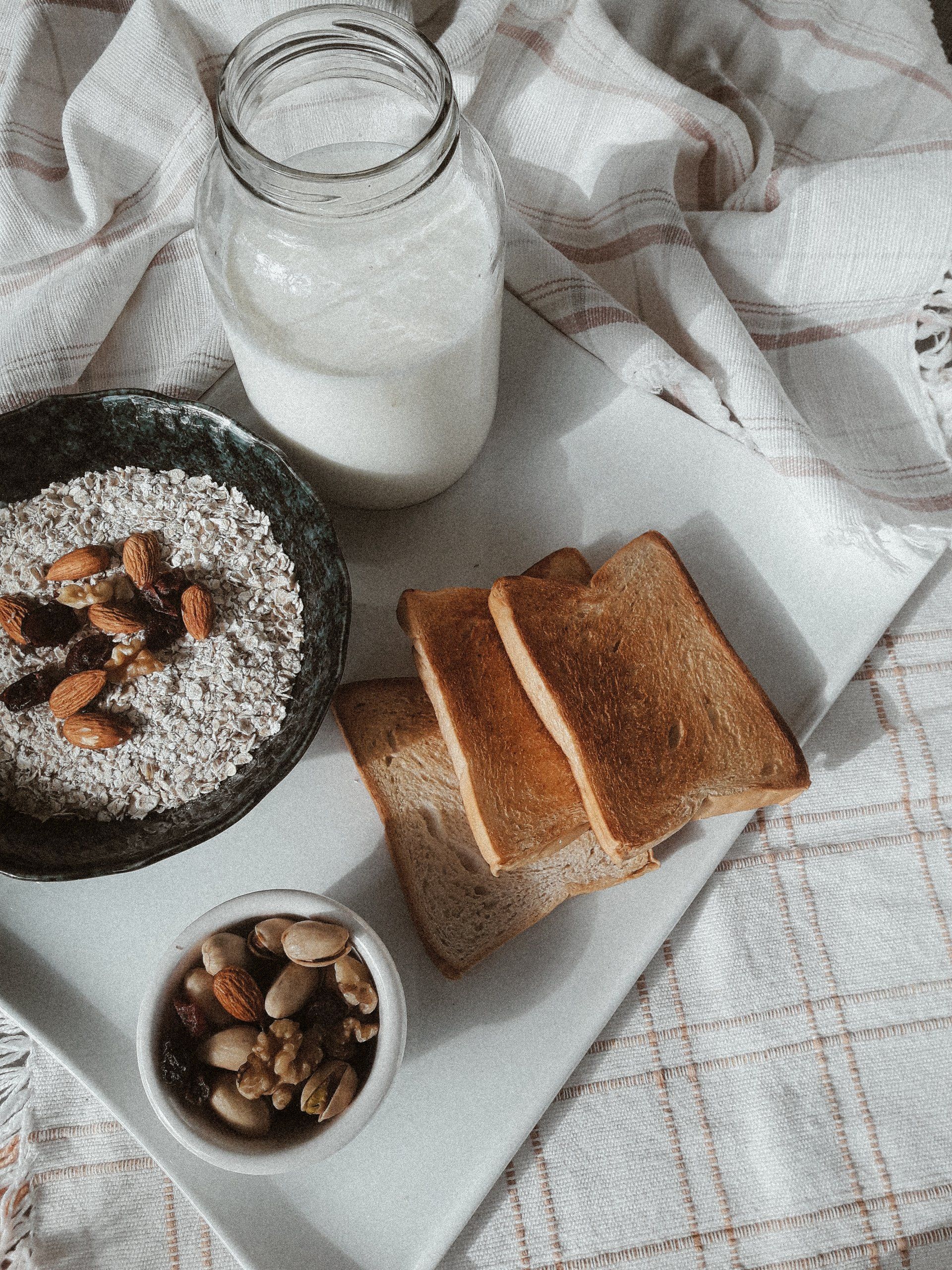Born To Be An Optimist?
Can you become an optimist?

“The pessimist sees difficulty in every opportunity. The optimist sees the opportunity in every difficulty “
– Winston Churchill
An optimist, when faced with a problem, tends to find the upside to the situation and starts figuring out ways to solve that problem, or ways to turn it around. Pessimists, however, immediately throw up their hands, and yell, “That’s it; it’s all over. I can’t handle this anymore.” Or they will distance himself from the problem, pretending it doesn’t matter. This is denial, and it never works.
According to the world's foremost expert on optimism, Dr. Martin Seligman, everyone is born optimistic. And yet, 95% of grownups are pessimists, not optimists. What goes wrong? Some people see the glass as half empty. Others see it as half full. But is it really as simple as that? Is it possible to be a bit of both?
When you think about it, most people tend to be an optimist sometimes and a pessimist other times. Ironically, a lot of times things turn out according to how we feel about the situation. If a person feels like something will go well or feels optimistic about it, it usually seems to go well. The same is true of the reverse. When someone feels like something will go badly, it tends to do just that.
An indication that you are dealing with a pessimist is in a simple phrase they will use in stressful situations - “I can’t”. The pessimist is helpless, powerless and it shows in his response. The optimist responds with - “I won’t”. The optimist is making a conscious choice, not just reacting.
An optimist prefers to think more positively. They focus on what they really want, not what might happen to them.
Think about the following statements:
- Optimists achieve their goals because they never give up
- Optimists attract success naturally
- Optimists are happier, healthier and more energetic than pessimists
- Optimists are easier to be around, inspiring people around to be positive
- Optimists live longer and suffer from fewer and less severe diseases
- Besides the above, optimists lead higher quality of life.
These are all probably true just by the fact that optimists’ positive thinking makes challenging situations “not that bad” after all.
Now true optimism is not sitting back, thinking positive thoughts, and hoping everything will turn out all right. It’s how you see the world, positively rather than negatively. You face each situation, each problem, and each occasion with a positive attitude; and you always look forward to the “benefits” you will derive from it. You have a choice. “Change your thoughts and change your world,” said Norman Vincent Peale. What it comes down to is that your attitude is a conscious choice. If you choose pessimism, you’re choosing to see the down side of every situation, judge people unfairly, and live unhappily the rest of your life. What an oppressive existence!
On the other hand, if you choose optimism, you’re empowering yourself to see the positive side of each challenge, seeing the good in people, helping them to see the good in life too, seeing the positives that can be gleaned from a less than ideal circumstance. Taking action to further improve your own life, and living happily with friends and family who care about you. Attracting all good to yourself. Choosing to be more optimistic and positive does not mean you won’t encounter difficult times, trauma, loss and many challenges. What it does mean is that you will have more power on your side to help you through those tough times. You’ll bounce back faster and make better choices, rather than letting life just wash over you. You’ll learn to be proactive, instead of reactive.
If you’re not naturally optimistic and positive, don’t worry. You can learn how to use your thoughts to change your attitude and emotions. It won’t be easy. Some days will be very challenging, but you can do it. Improving your optimism rates is one of the most important actions you can take to improve your life, and your running. It doesn't come automatically, though. It takes effort. It takes deliberate, conscious awareness of your thoughts and feelings. And then acting on that awareness.
Each time you think a negative thought, stop right there and turn it around to find the positive aspect of the situation. Do this each time and build on it. It will become a habit to be positive and upbeat about your life.
Here’s one starting point:
Practice your ‘positive thinking’ and your ‘positive feeling’. Give yourself permission to think new thoughts and feel new feelings.
So I would say to you: Be optimistic! Expect the best out of life!











